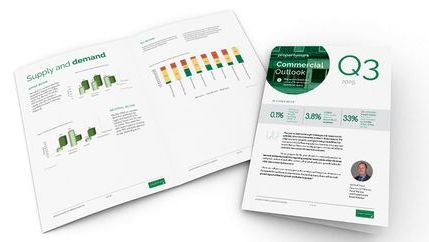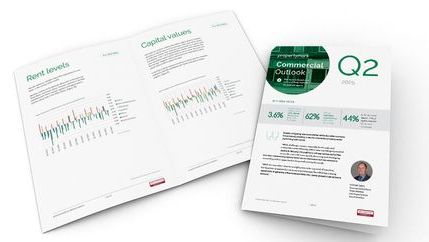
The measures being put forward in England will review and reform business rates, making them fairer and more responsive to changes in the market.
Instead of the current five years, frequent valuations will occur every three years, meaning those with falling values will see bills drop sooner.
Businesses making qualifying building improvements will not face higher business rates bills for 12 months, which will make it easier for investment as the new reliefs for property improvements provide tax breaks for those extending or upgrading a property.
Valuation Office Agency
The Bill, which was introduced in Parliament on 29 March 2023, and will be debated in due course, is a result of the Business Rates Review announced in the Autumn 2021 Budget and Spending Review, following a consultation which ran from July 2020 to October 2021.
A summary of the responses and Non-Domestic Rating Information and Impact Note (NDRIIN) details the current estimated impact of the Valuation Office Agency’s (VOA), which is essential to support the key reform of more frequent revaluations.
Currently, ratepayers are not obliged to notify the VOA of changes proactively but are required to respond to requests for information. Under the new system, ratepayers will, as is the case for other taxes, be expected to find out what their obligations are and proactively comply, using an online service. Ratepayers will need to notify the VOA within 60 days of changes to occupier and property characteristics that are relevant for valuations.
Read the Non-Domestic Rating Information Impact Note →
Department of Levelling Up, Housing and Communities Under Secretary of State, Lee Rowley MP stated the Bill will build on recent steps to cut business rates, with £13.6 billion of support announced at the Autumn Statement, and to redistribute the tax through the 2023 revaluation.
Autumn statement commits to help cost of living crisis
The Chancellor, Jeremy Hunt MP announced measures to restore stability to the economy, protect high-quality public services and build long-term prosperity for the UK with confirmation that the increased threshold to Stamp Duty Land Tax (SDLT) will be phased out by 31 March 2025.






